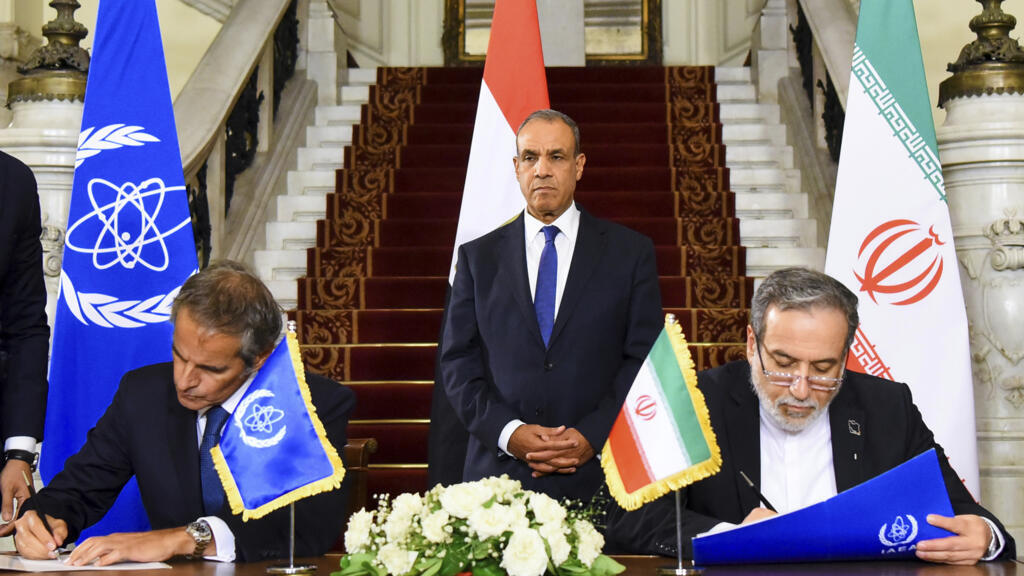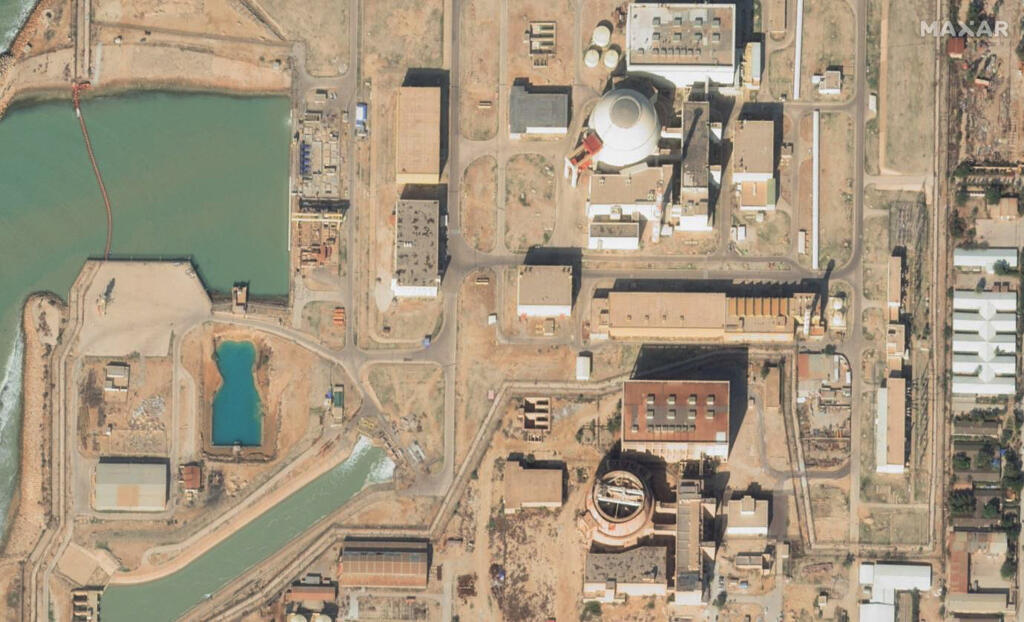
Iran and the UN’s nuclear watchdog have agreed on a fresh framework to resume cooperation after months of strained ties – though both sides admit more work is needed before international inspectors can return to Iranian facilities.
The deal, announced in the Egyptian capital Cairo earlier this week, comes three months after a brief but intense 12-day conflict with Israel left several Iranian nuclear facilities damaged by Israeli and US strikes.
Since then, International Atomic Energy Agency (IAEA) inspectors have been largely locked out of Iran.
IAEA director general Rafael Grossi struck a cautiously optimistic tone on Wednesday, telling the agency’s board of governors that the new “technical document” covers all Iranian nuclear sites and lays out clear procedures for inspections.
It also requires Tehran to report on the facilities that were hit in June, including the nuclear material that was present at the time.
“We now have a clear understanding of what must be done,” Grossi said.
“Iran and the agency will resume cooperation in a respectful and comprehensive way. There may be difficulties and issues to be resolved, for sure, but we now know the path ahead.”
Iran nuclear sites suffered 'enormous damage', IAEA chief tells RFI

No guaranteed access
Tehran, however, stressed that it had not yet agreed to open its doors to international monitors.
Iranian foreign minister Abbas Araghchi told state television on Thursday that IAEA inspectors currently have no access beyond the Bushehr nuclear power plant, where a team returned briefly last month to supervise fuel replacement.
Access to other key sites – including the heavily fortified Fordo and Natanz enrichment facilities – will be the subject of “future negotiations”.
“This agreement itself does not create any access,” Araghchi said. “Based on the reports that Iran will provide later, the type of access should be negotiated in due course.”
Iran has also warned it will tear up the deal if hostile actions are taken against it, including the re-imposition of UN sanctions that were lifted under a landmark 2015 nuclear deal.
Last month Britain, France and Germany triggered the so-called “snapback” process, arguing that Tehran had long since abandoned its commitments.
Iran denounced the move as “illegal”, threatening to exclude the Europeans from future diplomacy.
Iran says Europeans have no right to reimpose sanctions for nuclear programme
Details unclear
For now, the specifics of this week's deal – which has not been published in full – remain murky.
There was no joint press conference or detailed outline of what Grossi diplomatically called the “modalities” of inspection.
The uncertainty is compounded by questions over Iran’s uranium stockpile.
While June’s strikes crippled key enrichment sites, it is unclear what has become of the material already enriched – some of it to 60 percent purity, not far off weapons grade.
Western governments continue to suspect Tehran of edging towards an atomic bomb, an accusation Iran has repeatedly denied, insisting its programme is purely civilian.
Still, even a partial framework represents progress after months of stalemate. As Grossi put it: “An important step in the right direction was taken.”







